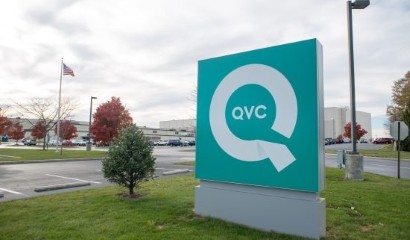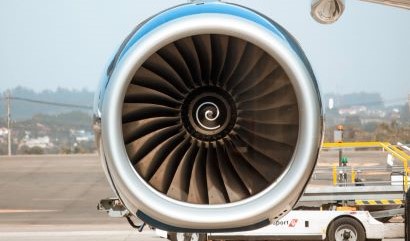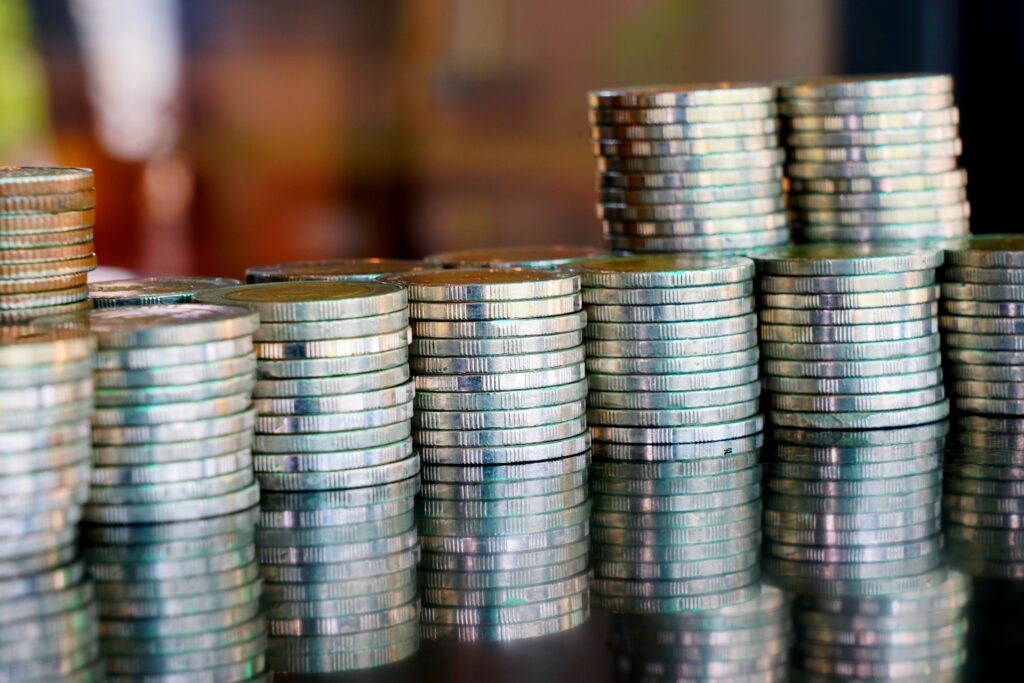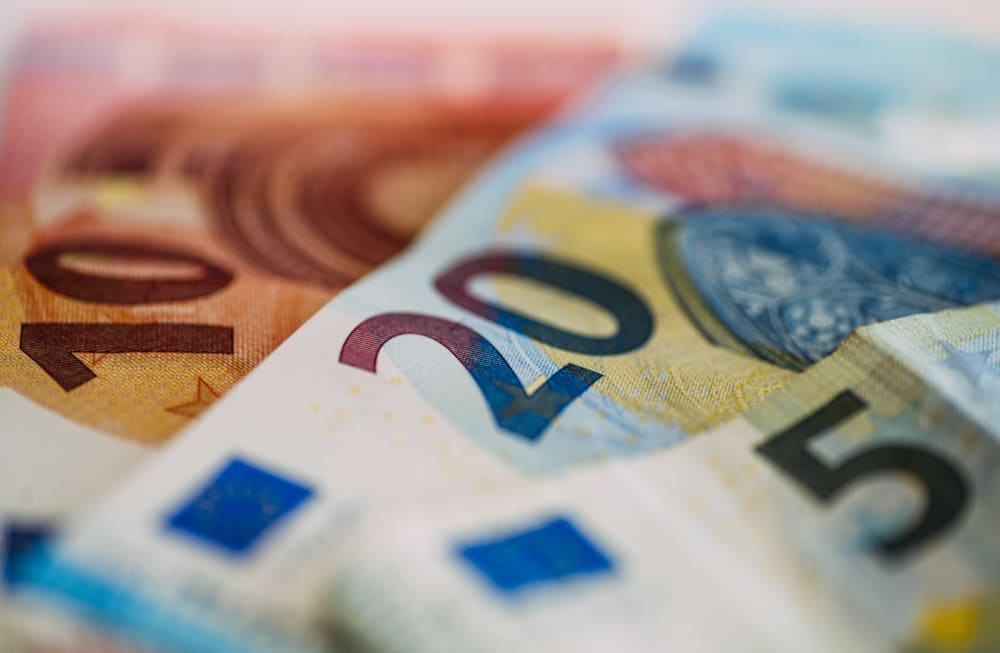Braskem-Idesa 1Q24 Credit Report – WC bolsters cash position, but that may not be sustainable
Braskem-Idesa (BAKIDE) finished 1Q24 with cash and equivalents of USD 243m, when excluding some USD 116m held at the level of the TQPM joint venture, which is an unrestricted subsidiary. The amount included USD 95m for the debt service reserve account (DSRA) related to the secured term loan.
Therefore, the Mexican petrochemical company was able to maintain its liquidity position mostly steady compared to three months earlier (USD 242m excluding TQPM), a positive feature when considering that during the quarter it faced the payment of the semi-annual coupon on the 2032 notes, the largest of its two international bonds.
We have calculated an adjusted free cash flow (FCF) of USD 23m in 1Q24, a significant improvement from USD -141m in the previous quarter and USD -85m in 1Q23. Even when accounting for the principal payments (in this quarter only for the leases) our enhanced adjusted FCF came out as a positive number (See Table 1).
While the better EBITDA (as we said in the previous report, we are now using the new accounting EBITDA for the FCF calculation) helped, the main driver for the cash generation was the working capital (WC), which contributed USD 37m to the FCF, compared to USD -127m the previous quarter and USD -109m in 1Q23.
The movements in the accounts receivable, suppliers, and prepaid expenses resulted in cash outflows of USD 14m, USD 14m, and USD 11m, respectively. Most importantly, the WC transactions with related parties were USD -39m.
However, all that was more than offset by the cash flow generated by other WC items, especially the so-called “accounts payable and other liabilities,” which contributed USD 79m in 1Q24.
During the call, the management attributed the movements in accounts payable exclusively to BAKIDE’s own business (i.e. not to TQPM), and cited the transactions with affiliate Braskem Netherlands and with Pemex for the provision of ethane as the cause.
According to the audited annual report, though, the transactions with Braskem Netherlands are part of the trades with related parties. Meanwhile, the accounts payable and other liabilities (or expenses, as referred to in the annual report) line is comprised of several items, with accruals and advance payments from clients being the most important.
Therefore, it could be that BAKIDE is delaying the payments to Pemex. Also, it could be that the company has reached agreements with commodity traders to obtain advance payments for future PE sales. Regarding the latter, we warned in our 4Q23 Credit Report that, while this practice was a possibility to bolster the liquidity now, it actually would be today’s bread and tomorrow’s hunger.
Either way, what is important for the FCF generation going forward is that a continuous cash contribution from the accounts payable line isn’t sustainable, and it will likely even be reversed throughout this year. As such, in our FCF estimates for the next 12 months (NTM) we have included a negative contribution from the WC, which could be somewhat reduced at some point (we have put it in 2Q24, but it could happen at other time) by a new sale of accounts receivable, which at the end of 1Q24 amounted to USD 16m, up from almost zero three months earlier.
During the earnings call, the management guided a negative WC and an overall cash consumption in FY24.
Furthermore, in the NTM 1Q24 BAKIDE faces debt principal amortizations for USD 23m (split evenly between April and October) and USD 40m in short-term lease payments (See Figure 1).
As a result, we are forecasting for the second half of the year a cash position dangerously below the USD 200m (including the DSRA) that BAKIDE needs to operate normally (See again Table 1).
As we noted in the past, potential short-term help could come from Braskem affiliates making speedier payments for the products purchased from BAKIDE or by allowing the company to delay the payments for the ethane purchases.
PE spread improves… but premium deteriorates
BAKIDE sold 206 thousand tons (ktons) of polyethylene (PE) in 1Q24 (against a production of 218 ktons), 17.8% up from 175 ktons the previous quarter. The company expects to maintain a level above 200 ktons for the rest of the year.
The PE spread (the difference between the price of the ethane raw material, and the price reference for the PE) rose to USD 885/ton in 1Q24, the highest level since 2Q22, thanks to an increase in the PE prices and a price of ethane that fell to a low since 2Q20 (See Figure 2).
As the higher average PE spread for 1Q24 was achieved thanks to a good performance of its components toward the end of the quarter, a similar level (or even better) can be expected for 2Q24, although the outlook for 2H24 is a bit gloomier.
Meanwhile, we estimate that the premium on top of the PE reference price that BAKIDE usually charges to its clients dropped in 1Q24, to only 1%, down from 17% the previous quarter and below a historical average of ~10% (See Figure3).
We noted in the past that, given that the premium isn’t constant, as BAKIDE changes it more gradually than the changes in the PE reference prices, in order to reduce price volatility for its clients, it was reasonable to think that expected increases in the PE prices in early 2024 wouldn’t result in the same degree of increase of sale prices, as the premium would remain somewhat subdued.
However, the deterioration of the premium in the quarter was very significant.
The management attributed it to a flattish demand in Mexico, and noted that the company is therefore trying to reallocate some of the PE sales to other markets with higher margins – other countries in Latin America, the Caribbean region, and even Europe, with the goal of bringing the premium back to a 5%-8% level in the coming months.
In a positive note, the SG&A expenses, which had spiked during 2023, fell to USD 19m in 1Q24, and were only slightly higher than the USD 17m recorded in 1Q23.
















